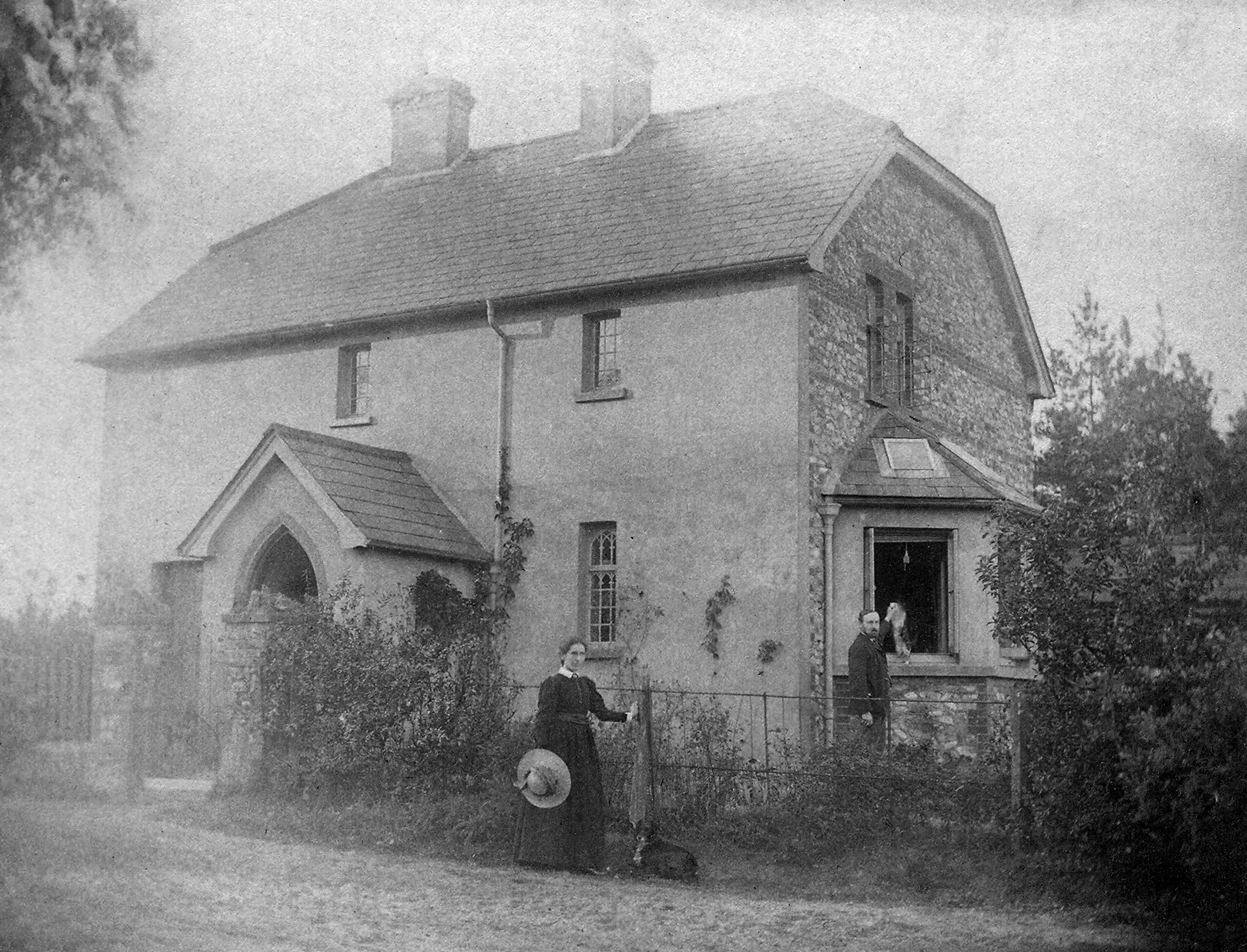
Henry Salt
Humanitarian and Animal Rights Pioneer
Henry Shakespear Stephens Salt (1851-1939) was an influential English writer and activist who helped pioneer the modern animal rights movement. Though less well-known today, Salt played a pivotal role in advocating for ethical treatment of animals in the late 19th and early 20th centuries.

Henry Salt was born on 20th September 1851 in Nynee Tal, India where his father, Thomas Henry Salt, was serving in the British Army. He was christened at St. John’s in the Wilderness, Naini Tal, India.
Salt’s mother, Ellen Matilda Salt, diary say she returned to England with Henry in spring 1852. The journey from India would have taken six months to complete. Some of Henry’s childhood was spent in the Shrewsbury home of his maternal grandparents, the Allnatts.
Henry Salt’s Early Life
Henry Salt was educated at Blackheath Proprietary School before receiving coaching, in preparation for Eton College, from the Rev. C. Kegan Paul. Salt then attended Eton College as a King’s Scholor. From Eton Salt went to King’s College, Cambridge, to study classical tripos.
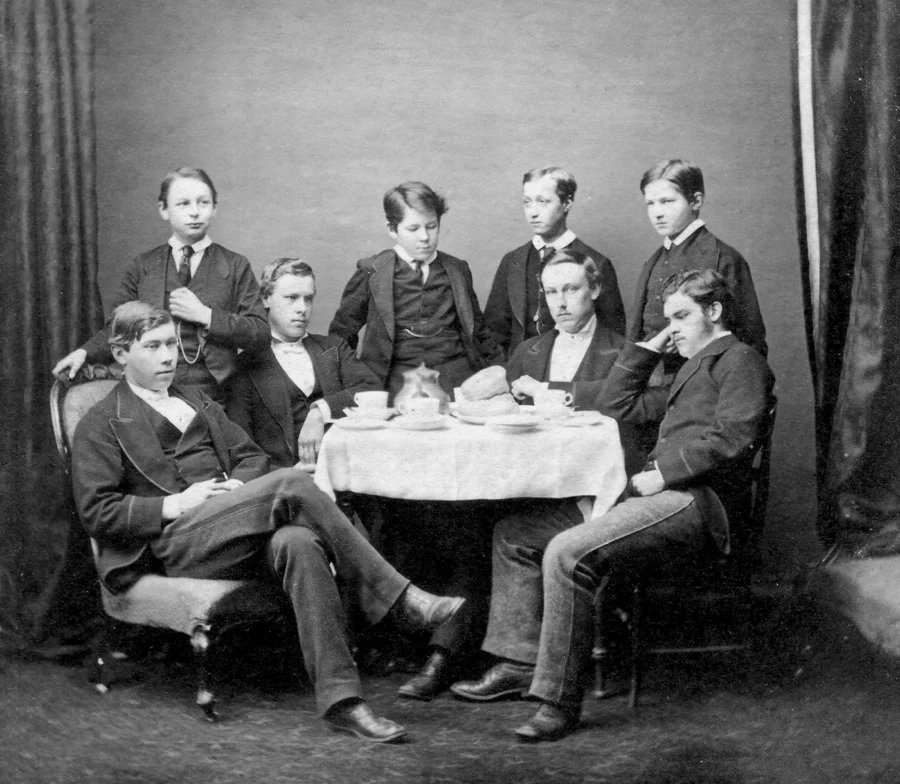
After graduating, Henry Salt returned to Eton College as an assistant master in 1875.
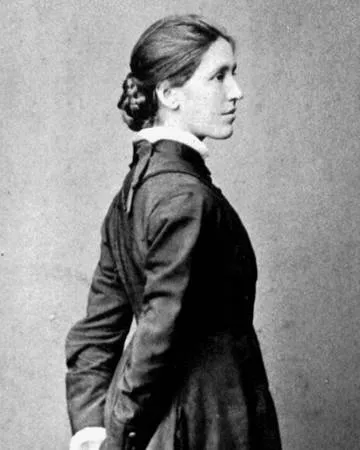
On the 23rd December 1879 Henry Salt married Catherine Leigh Joynes, the daughter of fellow Eton College master the Rev. James Leigh Joynes, at St John the Evangelist Church, Eton.
Henry Salt Respectability to Radicalism
Largely through his brother-in-law, James Leigh Joynes, Salt met many of the socialist and radical thinkers of the day, including George Bernard Shaw, William Morris and John Ruskin. Like Joynes, Salt became involved with the various socialist organisations and converted to vegetarianism, which was considered even more radical than socialism in those days. Salt read Thoreau’s Walden and was a Shelleyan.
In 1892, James Leigh Joynes quit his post at Eton College in order to publish his political book The Adventures of a Tourist in Ireland. The book was published by Salt’s former tutor Kegan Paul. In the same year Salt started writing essays and poems for food reform journals as well as serious literary criticism for more mainstream journals.
In 1894 Salt quit Eton too and moved with “Kate” to a cottage at Tilford, Surrey and started working and writing for various reform causes.
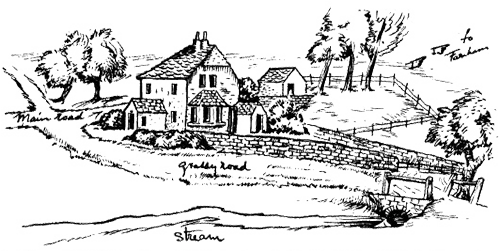
Salt became a vocal advocate for causes like vegetarianism, socialism, prison reform, and women’s suffrage. He argued that society had a moral obligation to pursue social progress by addressing economic and gender inequalities. Salt also maintained that humans have an ethical responsibility in their treatment of animals.
Shelley and Thoreau
One of Henry Salt’s greatest achievements as a biographer and critic was his Life of Henry David Thoreau, first published in 1890, still one of the most perceptive and best-written studies of the Concord naturalist-philosopher.
Salt’s several studies on Percy Bysshe Shelley were also oustanding. He recognized Shelley’s poetic abilities and praised him for being the “uncompromising champion of the people’s rights and true liberty of thought and action. . .”
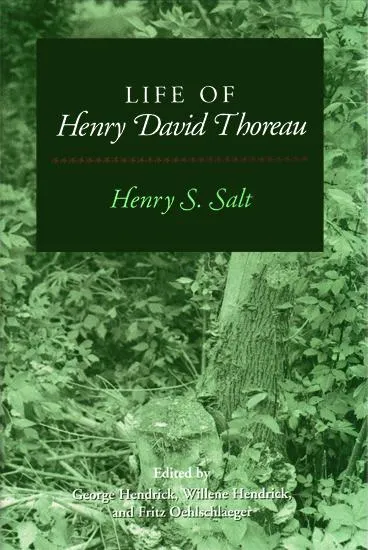
The Humanitarian League
In 1891 Henry Salt founded the Humanitarian League and with other like mended reformers asserted “that much good will be done by the mere placing on record of a systematic and consistent protest against the numerous barbarisms of civilization – the cruelties inflicted on men on men, in the name of law, authority and traditional habit, and the still more atrocious ill-treatment of the so-called lower animals, for the purpose of ‘sport’, ‘science’, ‘fashion’, and the gratification of an appetite for unnatural food.”
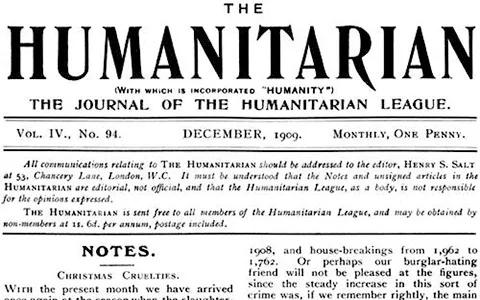
Salt served as Honorary Secretary of the Humanitarian League for almost three decades. The League was supported by many of the leading intellectuals and reformers of the day with the publisher Ernest Bell being the most important. He served as chairman and hon. treasurer for over twenty years.
The Humanitarian League disbanded in 1919 but the work of its sports division continued with the establishment of the League for the Prohibition of Cruel Sports.
Henry Salt Animal Rights
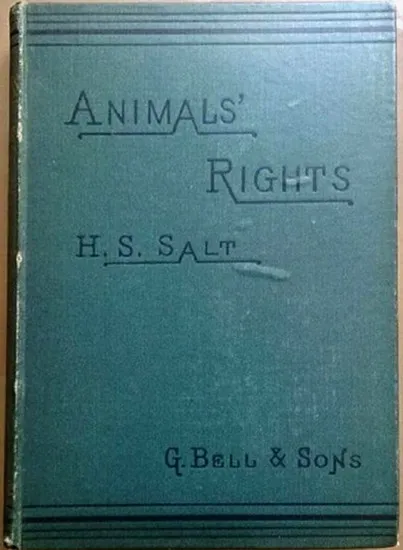
Salt was an advocate of vegetarianism, believing that killing animals for food was unethical and unnecessary. His animal rights advocacy was incredibly progressive for the time.
Salt’s most influential work was Animals’ Rights Considered in Relation to Social Progress published in 1892.
In this groundbreaking text, Salt made the case that animals deserve moral consideration and have an inherent right to be free from cruelty.
Salt authored over 40 books and hundreds of articles, making the case for his progressive social and moral causes. Though he saw limited change during his lifetime, Salt is credited with helping develop the philosophical and ethical foundations of the modern animal welfare movement.
A quiet, modest, yet witty man who enjoyed good company, Henry Salt had a wide circle of friends and acquaintances in socialist, rationalist, humanitarian, literary, and publishing circles.
In 1935, he published his final book The Creed of Kinship, in which he critiqued established religions and laid out his own philosophy; it demanded the recognition of an evolutionary and biological affinity between humans and other animals.
Henry Salt devoted his entire life to progressive reform and ethical treatment of all living creatures.

“It is this–that all these humane things have to be said a thousand, ten thousand times, without gaining attention, yet at last they do somehow come to the front when they are taken up in the right quarter. That satisfies me, makes me content.”
Henry Salt’s “Philosophy of Failure”